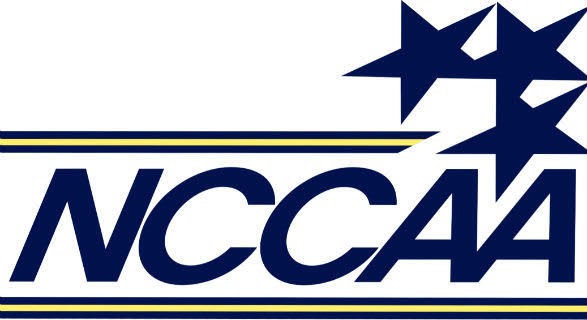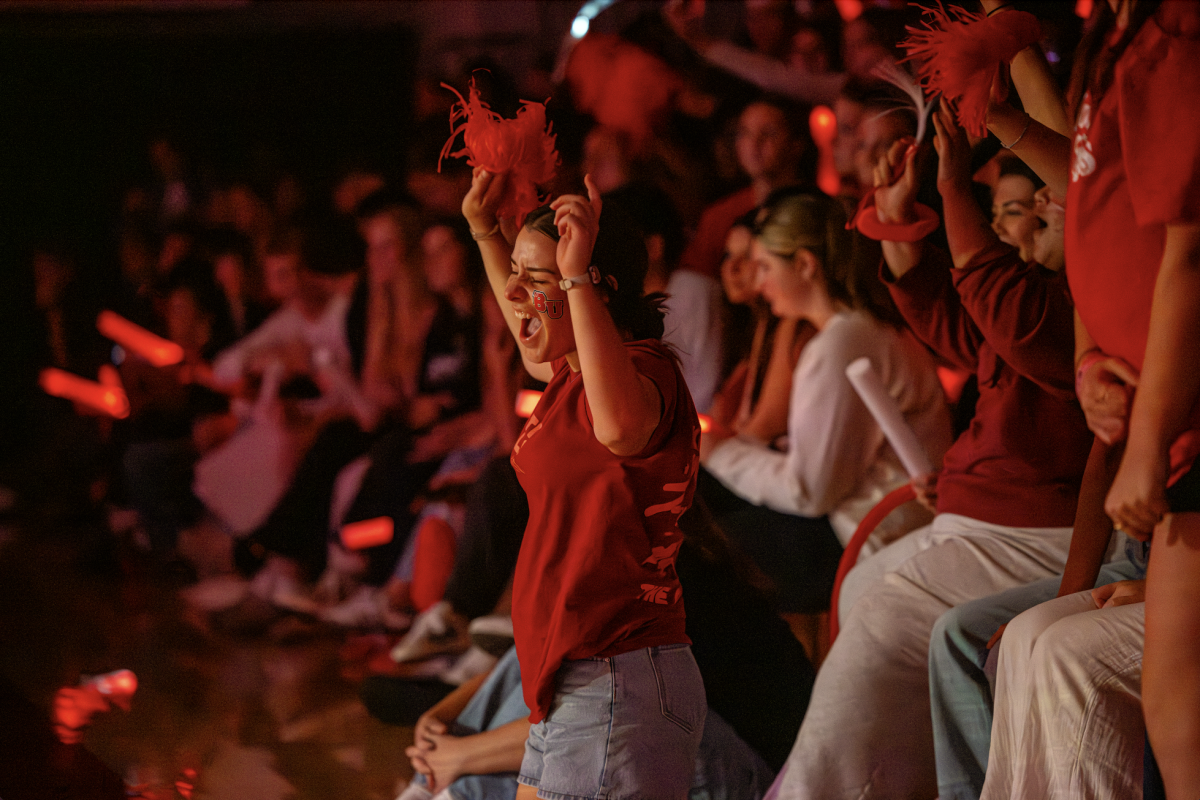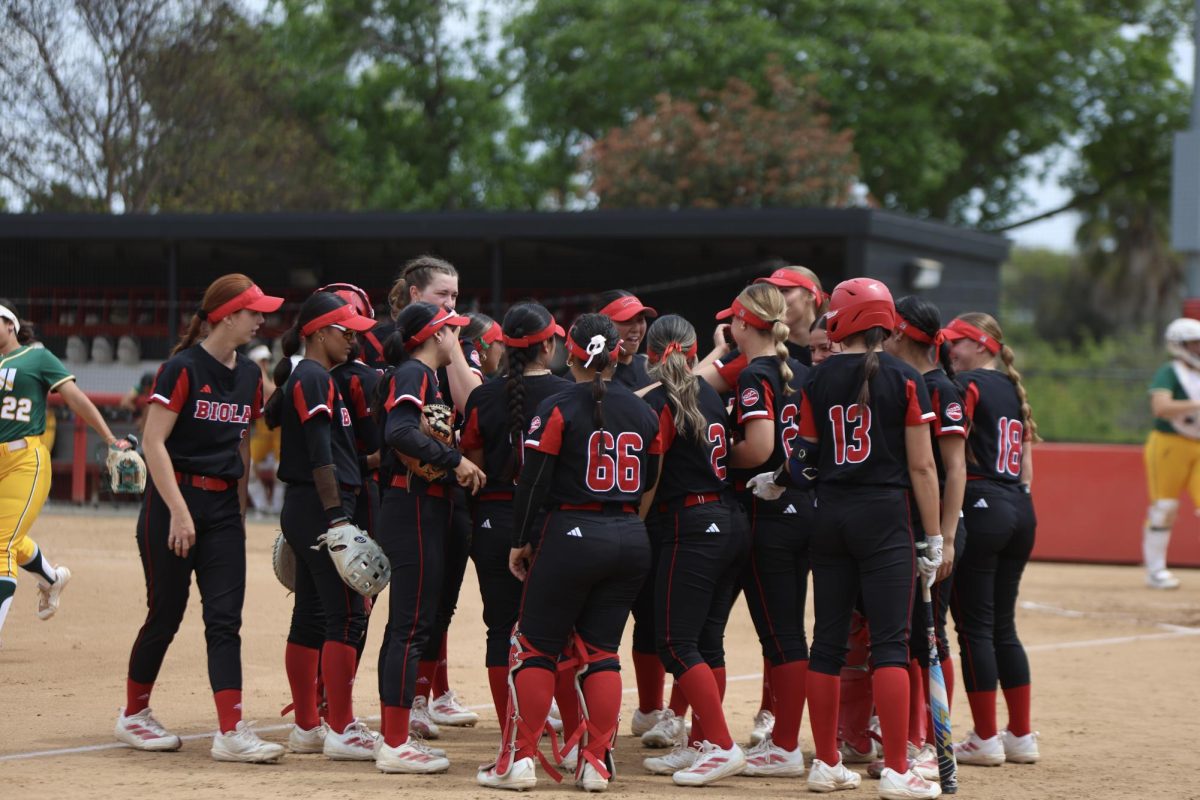If you follow Biola Athletics, you have probably heard about the National Christian College Athletic Association. Many fall sports from Biola made it to the NCCAA postseason, and three teams—men’s cross country, women’s soccer and volleyball—have won national championships this year. While a national title at any level ought to be celebrated, the NCCAA is not the same as the NCAA Division II. In fact, despite the one letter difference in their names, plenty of disparities exist between the NCCAA and NCAA. The main one is that the former is only a temporary stopover until Biola finishes its transition process and becomes eligible for the NCAA postseason.
WHAT EXACTLY IS THE NCCAA?
For starters, it is in no way involved with the NCAA. The NCCAA defines itself on its website as “A Christian-based organization that functions uniquely as a national and international agency for the promotion of outreach and ministry, and for the maintenance, enhancement, and promotion of intercollegiate athletic competition with a Christian perspective.” Biola was a full-fledged member of the organization for decades, but left in the early 1990s to compete exclusively within the National Association of Intercollegiate Athletics.
WHY BIOLA RETURNED TO THE NCCAA
One of the drawbacks of joining the NCAA is that the mandatory transition process for new member schools prohibits postseason play for the first two years of membership. This means Biola cannot participate in any NCAA postseason play or the PacWest’s basketball championship tournaments until fall 2019. This could have robbed many student athletes of the chance to play beyond their regular schedule for half of their collegiate career, if not for a temporary reunion with the NCCAA.
During this academic year and next, Biola will compete within the west region of the NCCAA for national championships while waiting for their turn to enter postseason play against schools within the higher competition level of the NCAA, such as Azusa Pacific and Point Loma. In the meantime, expect a lot more playoff success against smaller schools that, in the opinion of this writer, the Eagles are too good for.
WHY DID MEN’S SOCCER NOT MAKE IT TO THE NCCAA PLAYOFFS?
There is one more component to Biola’s temporary stop in the NCCAA that must be discussed. Knowing full well that its teams are at a caliber closer to its regular season competition in the PacWest than what they would face in the NCCAA playoffs, Biola’s athletic department self-imposed a requirement that any team must finish within the top five of the PacWest in order to be eligible for the NCCAA postseason. Men’s soccer finished sixth, narrowly missing that mark.
The requirement gives teams more of an incentive to finish at or near the top of their respective conference standings, with none coming from the NCAA itself until 2019. When that year comes, Biola will move on from the NCCAA and assume full membership at their new level. Until then, however, Eagles fans are encouraged to enjoy these national championship runs as much as the athletes themselves seem to be.








